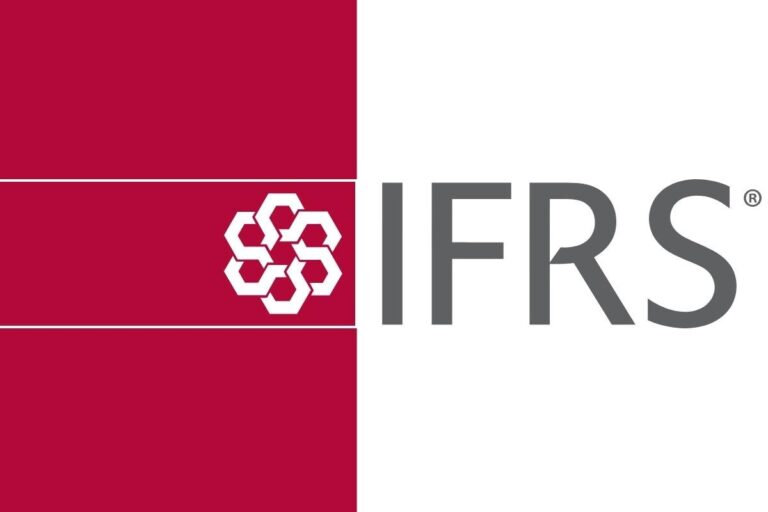Clientes Listados na Bolsa
Atendemos 50% do IBOVESPA incluindo as maiores empresas nacionais e multinacionais
Temos uma história de luta e de grandes conquistas que nos permite orgulhosamente trazer em nosso currículo os maiores projetos de nossa especialidade já realizados, envolvendo grandes players do mercado mundial, segregados por setores produtivos, líderes de seus segmentos, bem como, clientes de pequeno e médio porte, que nos coroaram com o mister de soluções sob medida com foco no melhor resultado para esses clientes.


INDEPENDÊNCIA E TRANSPARÊNCIA
Na Gestão de Dados e Relacionamento
Fomos a primeira empresa de nosso segmento no Brasil a ter código de ética e processo rigoroso de controle anticorrupção, proteção de dados e políticas de inclusão social e não discriminatória.
- Política Não-Discriminatória
- Atendemos a Lei Geral de Proteção de Dados (LGPD)
- Atendimento à Política e Leis Internacional de Anticorrupção
+2.500
Clientes Atendidos
+700
Profissionais no Brasil e Exterior
+200
Assessorias Realizadas em 2022
20
Países atendidos pela nossa equipe
+2.500
+700
+200
20
Clientes Atendidos
Profissionais no Brasil e Exterior
Assessorias Realizadas em 2022
Países atendidos pela nossa equipe
Nossa Experiência
Cases de Sucesso
Transformando desafios em oportunidades: o sucesso da CPCON na otimização dos ativos da Pepsico
Vivo: O maior case de Controle de ativos Reversíveis do mundo
Petrobras, A Maior Implantação de Melhores Práticas em Gestão de Ativos Fixos para Reporte Financeiro e Controle Interno
“A CPCON realizou nossos serviços com elevado nível técnico, atendendo todos os padrões de qualidade exigidos pela Organização Petrobras.”

“Os serviços prestados pela contratada, CPCON, atenderam os padrões de qualidade exigidos pela Organização, em conformidade com o contrato...”

“Ressaltamos que os serviços prestados pela CPCON atingiram nossas expectativas em relação aos padrões de qualidade e organização da empresa, bem como, prazos e elevado nível técnico dos profissionais...”

“Entendemos que a CPCON prestou serviços com elevado nível técnico atendendo os objetivos do contrato...”
Marcelo FernandesJurídico - Hospital Sírio Libânes
“Informamos que não há pendencias relativas ao contrato entre a CPCON e CAIXA, tendo executado os serviços de forma satisfatória e adequada às necessidades da CAIXA...”
Hermes CarvalhoCoordenador CEINP - Caixa Econômica Federal
“Consideramos os serviços prestados de excelente qualidade técnica, atingindo nossas expectativas com relação aos resultados oferecidos...”
Valeska BarrosContadora - Porto de Açu Operações Portuárias
Confira nosso blog
Notícias e Atualizações
Leitura indispensavel
Conteudos em Destaque

5 Vantagens do RFID para inventários

IASB – International Accounting Standards Board

IFRS – International Financial Reporting Standard

Gestão de Ativos de TI: Gerenciamento eficiente – ITAM

3 pilares para implementar as práticas ESG

Sistemas de controle de estoque: Como fazer a escolha certa?

O que é RFID? Como funciona a tecnologia desse Sistema

CPC: Comitê de Pronunciamentos Contábeis





















